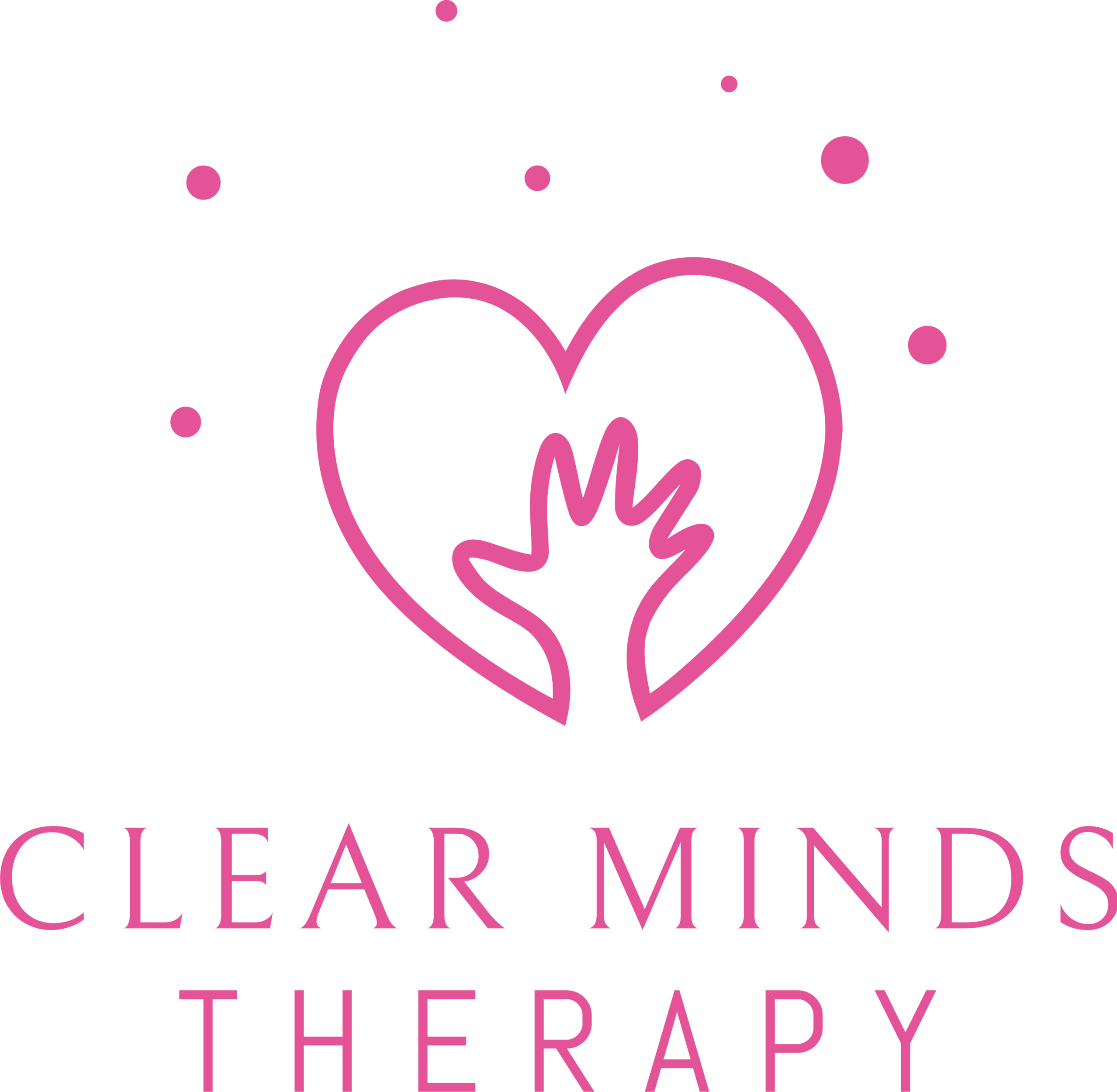Autism Spectrum Disorder (ASD) and Mental Health: Understanding the Challenges and Support Available
Autism Spectrum Disorder (ASD) is a neurodevelopmental condition that affects how individuals perceive the world and interact with others. While ASD itself is not a mental health disorder, many autistic people experience co-occurring mental health challenges. Understanding the connection between ASD and mental health is crucial in ensuring that individuals receive the appropriate support and interventions.
The Relationship Between ASD and Mental Health
People with ASD often have unique ways of processing sensory input, communicating, and socialising. These differences can sometimes lead to increased stress, anxiety, and depression. Studies indicate that autistic individuals are more likely to experience mental health conditions compared to the general population. Some of the most common mental health conditions associated with ASD include:
- Anxiety Disorders
Anxiety is prevalent among autistic individuals, often due to difficulties with social interactions, sensory sensitivities, and changes in routine. Situations that involve uncertainty, social expectations, or overwhelming sensory input can trigger heightened anxiety responses. Many autistic people develop coping mechanisms, but without the right support, anxiety can significantly impact their daily lives.
- Depression
Depression is another common mental health challenge for autistic individuals, particularly among those who are highly aware of their differences and struggle with social integration. Feelings of loneliness, rejection, and frustration can contribute to persistent low mood, which may go unnoticed due to difficulties in expressing emotions.
- Obsessive-Compulsive Disorder (OCD)
There is a notable overlap between ASD and OCD, as both conditions involve repetitive behaviours and a strong need for routine. However, while OCD is driven by intrusive thoughts and compulsions, autistic individuals often engage in repetitive behaviours as a source of comfort rather than distress.
- Attention-Deficit Hyperactivity Disorder (ADHD)
ADHD frequently coexists with ASD, presenting additional challenges such as impulsivity, difficulty maintaining attention, and hyperactivity. Managing both conditions requires a tailored approach, as traditional ADHD treatments may not always be effective for autistic individuals.
- Eating Disorders
Research suggests that autistic individuals, particularly females, are more likely to develop eating disorders. Factors such as sensory sensitivities, a preference for routine, and difficulty with interoception (understanding bodily signals like hunger) may contribute to disordered eating behaviours.
Challenges in Accessing Mental Health Support
Despite the high prevalence of mental health conditions among autistic individuals, accessing appropriate support remains a challenge. Many mental health professionals lack training in autism-specific care, leading to misdiagnoses or ineffective treatments. Common barriers include:
- Lack of Understanding: Traditional mental health treatments are often designed for neurotypical individuals, meaning they may not address the unique needs of autistic people.
- Communication Barriers: Many autistic individuals struggle with articulating their emotions or experiences in ways that mental health professionals expect.
- Sensory Sensitivities: Therapy environments can be overwhelming for autistic individuals due to lighting, sounds, or other sensory factors.
- Stigma and Misconceptions: There is still a significant amount of stigma surrounding both autism and mental health, which can discourage individuals from seeking help.
Supporting Autistic Individuals with Mental Health Needs
To improve mental health outcomes for autistic individuals, a multi-faceted and personalised approach is essential. Here are some key strategies:
- Autism-Friendly Therapy Approaches
Therapies such as Cognitive Behavioural Therapy (CBT) can be adapted to better suit autistic individuals by incorporating visual aids, structured sessions, and alternative communication methods. Specialised autism-aware therapists can make a significant difference in treatment effectiveness.
- Sensory Considerations
Mental health professionals should be aware of sensory sensitivities when designing treatment plans. Creating low-stimulation therapy spaces and offering alternative communication methods (e.g., written responses instead of verbal communication) can help autistic individuals feel more comfortable.
- Peer Support and Community Engagement
Connecting with others who share similar experiences can be incredibly beneficial. Autism support groups, both in-person and online, provide a safe space for individuals to share their challenges and coping strategies.
- Early Intervention
Identifying and addressing mental health challenges early can prevent long-term distress. Parents, caregivers, and educators should be equipped to recognise signs of anxiety, depression, and other conditions in autistic children and seek appropriate support promptly.
- Encouraging Self-Advocacy
Empowering autistic individuals to understand their own mental health needs and advocate for accommodations is crucial. Providing tools such as visual schedules, emotion charts, and alternative communication methods can support self-expression and emotional regulation.
The Importance of a Holistic Approach
Addressing mental health in autistic individuals requires a holistic approach that considers sensory needs, communication styles, and environmental factors. Autistic individuals should not be expected to conform to neurotypical expectations; instead, support should be tailored to their unique strengths and challenges.
Mental health and autism advocacy must go hand in hand to create a society that values neurodiversity and provides accessible, effective support
The connection between ASD and mental health is complex, but with increased awareness and appropriate interventions, autistic individuals can lead fulfilling lives.

